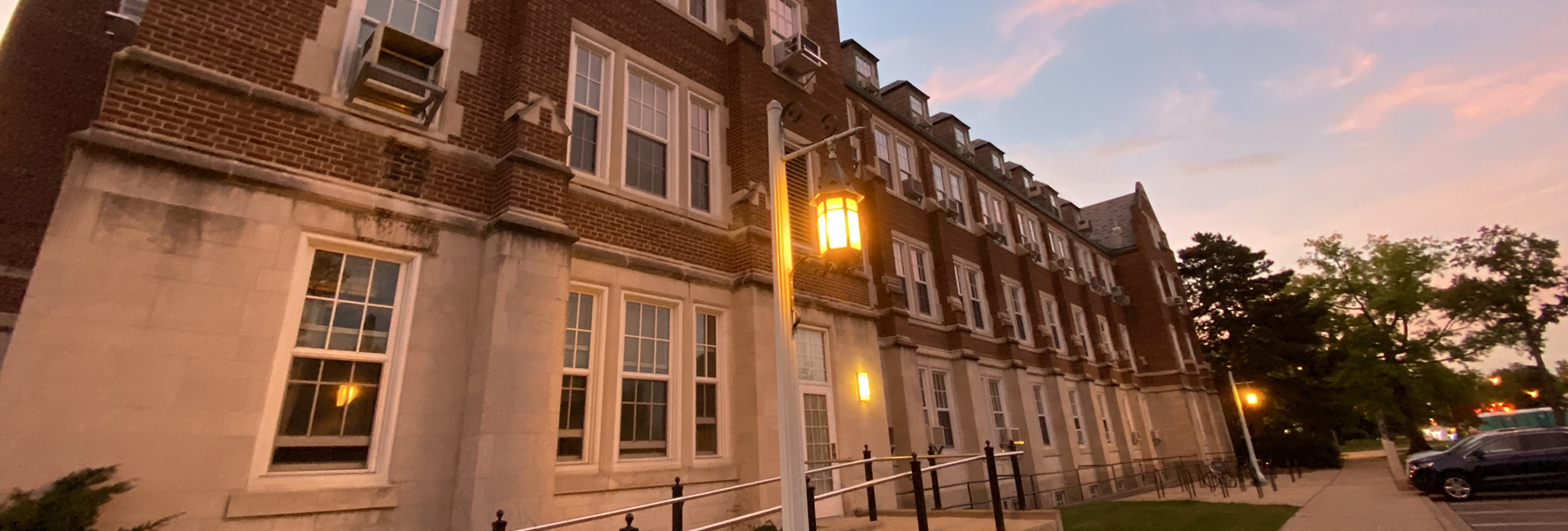MSU Drug Discovery Seminar - Michael Chopp, PhD
Endothelial cell derived exosomes, nanoparticles with massive therapeutic potential
Small (~30-150nm) extracellular vesicles (sEVs), i.e. exosomes, mediate intercellular communication by transferring their molecular cargo (proteins, lipids, mRNAs, non-coding RNAs,…) to recipient cells. Here, I will outline some of our work on the use of a particular population of sEVs, sEVs harvested from endothelial cells (CEC-sEVs), as a therapeutic for stroke, vascular dementia and select cancers. I will demonstrate from both clinical and preclinical data that EVs from patient clot, among other sources, e.g. arterial blood, platelets, induce cerebral endothelial cell permeability, thrombosis, and inflammation, leading to downstream vascular dysfunction. We then show that treatment of compromised/damaged cerebral endothelial cells with CEC-sEVs reverse vascular dysfunction, and when employed in preclinical models of ischemic stroke, CEC-sEVs provide robust therapeutic benefit. Thus, we propose that CEC-sEVs as a co-therapy will enhance present FDA approved treatments of ischemic stroke, i.e., mechanical thrombectomy (24h window) and thrombolysis (4.5 hr window) with tissue plasminogen activator (tPA). Using an aged rat model of diabetic vascular dementia, we also show that CEC-sEVs significantly improve cognitive function. We then demonstrate that neural injury, such as ischemic stroke, provokes secondary organ and thus systemic dysfunction via ischemic brain generated EVs. I then present data that ischemic stroke, particularly with a diabetic comorbidity, provokes cardiac and liver dysfunction, and that cognitive deficits post stroke are driven by the secondary stroke induced cardiac and liver (not excluding other organ contributions) dysfunction. Importantly, cognitive dysfunction post stroke is highly correlated and possibly driven by induced cardiac dysfunction. We also provide data that diabetic stroke induces fatty liver disease, which may also adversely impact neurological and cognitive function post stroke. I then provide data that sEVs from human umbilical cord blood progenitor endothelial cells which contain elevated levels of vascular restorative microRNAs significantly improve secondary organ function and neurological and cognitive outcome post stroke. The closing application of my presentation is on using CEC-sEVs as a treatment for cancer. Here, I will focus on our data demonstrating that CEC-sEVs have a robust therapeutic effect of ovarian cancers and I provide data demonstrating that CEC-sEVs engineered to be enriched with select microRNAs are highly effective in the treatment of recurrent ovarian cancers, a disease with very high mortality. As a take-home message, vascular biological nanoparticles, e.g. CEC-sEVs, play an important role in maintaining function of brain and secondary organs, and these nano-powerhouses may provide therapeutic benefit for neurological diseases, neural injury and cancers.
Date: November 29, 2022
Time: 12:00 PM
Location: https://msu.zoom.us/j/98517346580
Passcode: 504326


